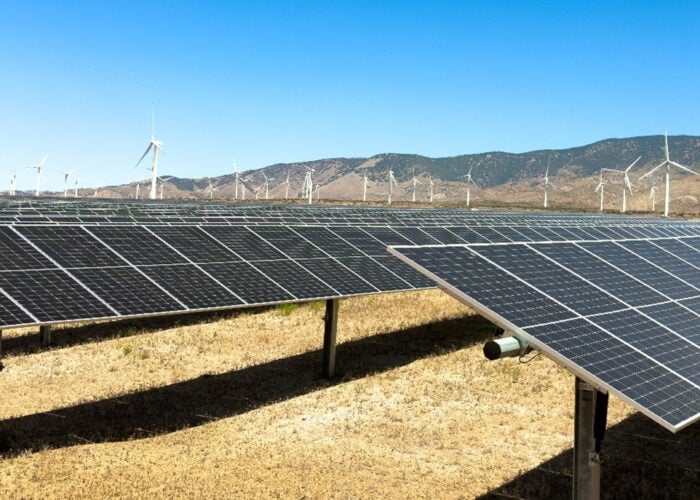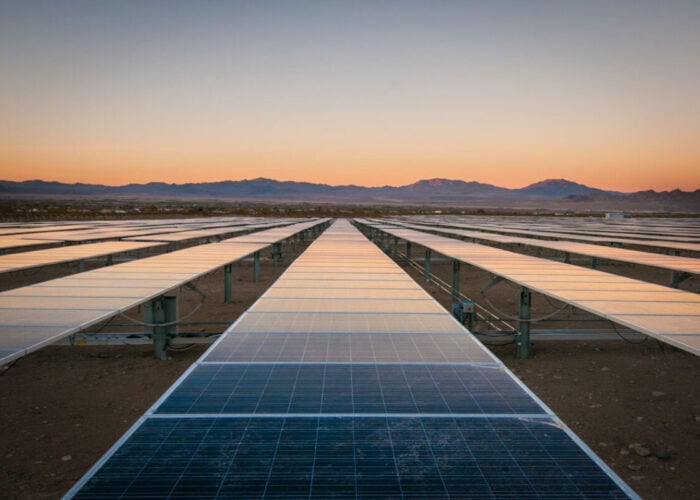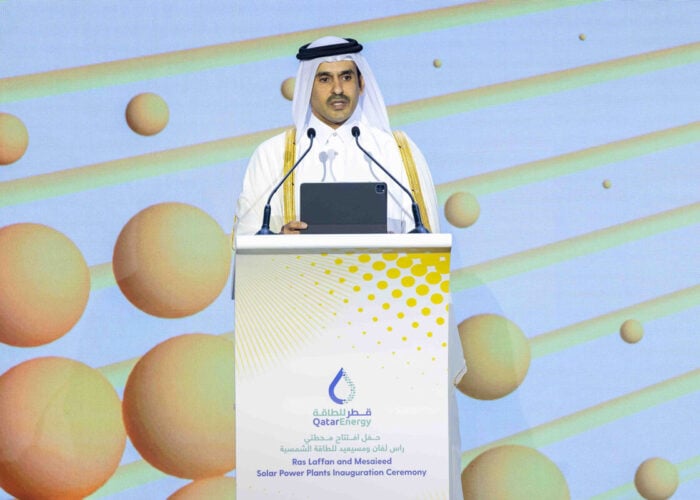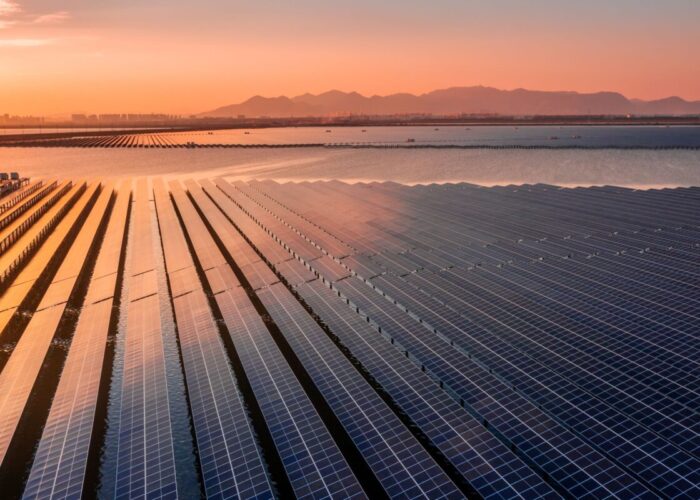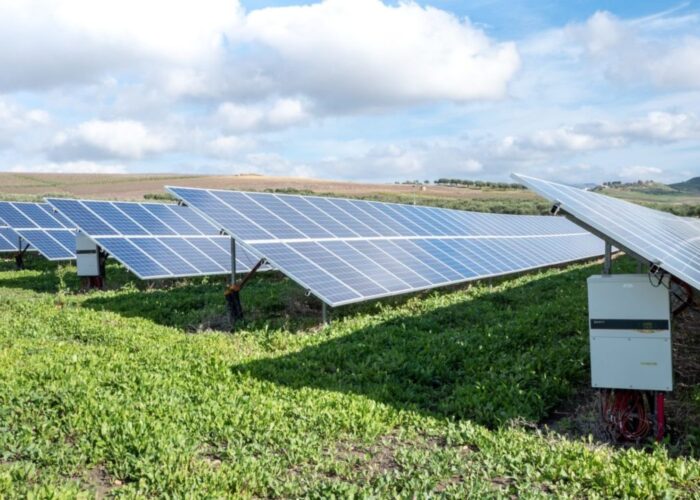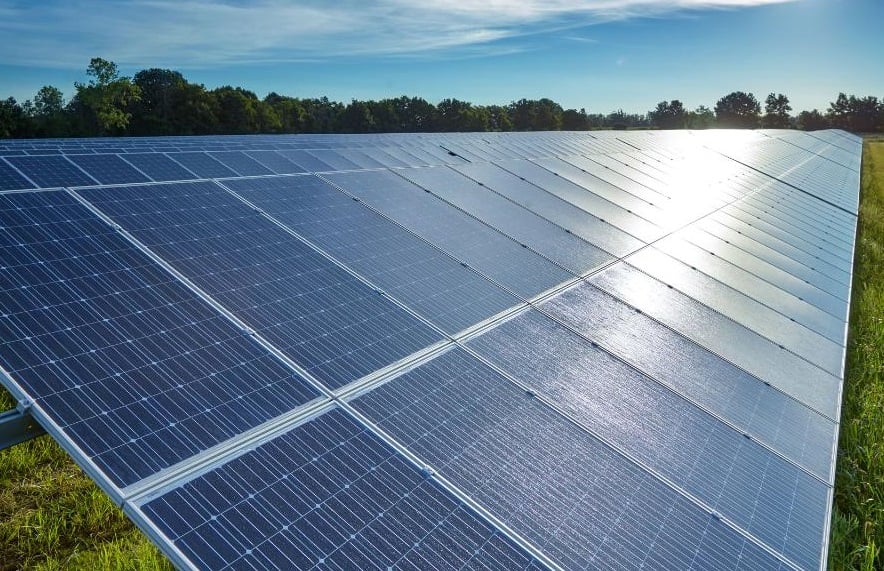
Michigan utility Consumers Energy has revealed plans to build nearly 8GW of solar by 2040 as part of efforts to accelerate its transition away from coal.
The company said that by 2030, renewables will comprise more than 60% of its electricity capacity, and combining that growth with advances in energy storage and customer efficiency will enable it to meet its customers’ needs with 90% clean energy resources.
Unlock unlimited access for 12 whole months of distinctive global analysis
Photovoltaics International is now included.
- Regular insight and analysis of the industry’s biggest developments
- In-depth interviews with the industry’s leading figures
- Unlimited digital access to the PV Tech Power journal catalogue
- Unlimited digital access to the Photovoltaics International journal catalogue
- Access to more than 1,000 technical papers
- Discounts on Solar Media’s portfolio of events, in-person and virtual
As well as operating PV plants at Western Michigan University, Grand Valley State University and the city of Cadillac, Consumers Energy currently purchases solar generation from several sites in Michigan.
The company’s shift away from fossil fuels will see it stop using coal as a fuel source for electricity by 2025 – 15 years sooner than previously planned – through the early retirement of three plants in Michigan.
While the updated proposals call for speeding up the closure of two units that run on natural gas and fuel oil, Consumers Energy proposes buying four existing natural gas-fired power plants, two of which will mainly be used to meet peak demand.
The company said its strategy will create price stability and, by using natural gas as a fuel source to generate baseload power, will save customers about US$650 million by 2040 compared to its current plan.
“We are proud to lead Michigan’s clean energy transformation and be one of the first utilities in the country to end coal use,” said Consumers Energy CEO Garrick Rochow.
The updated strategy comes after Michigan’s governor last year signed an executive order that commits the state to becoming carbon neutral by 2050.

